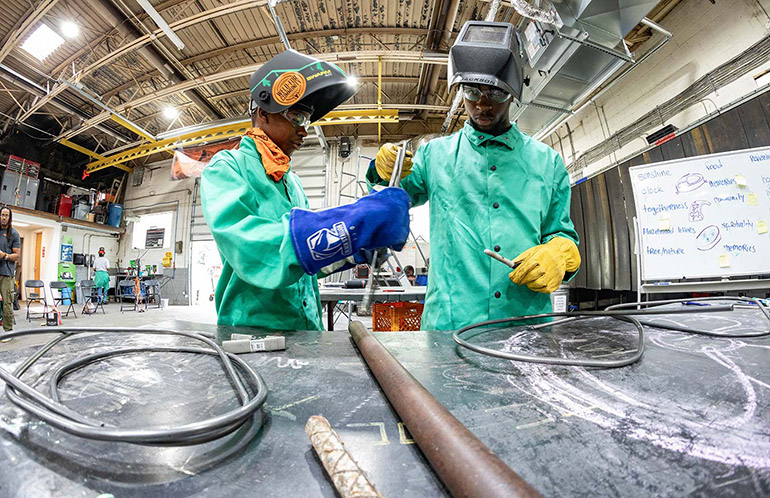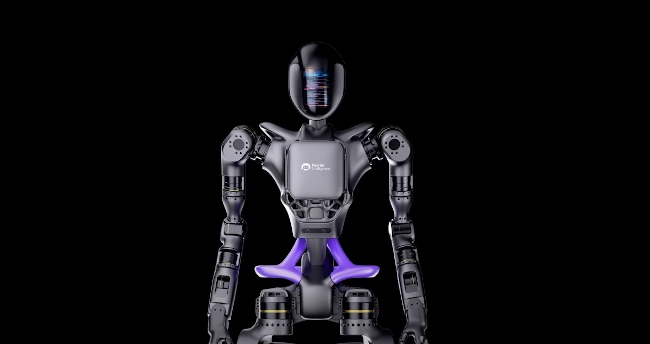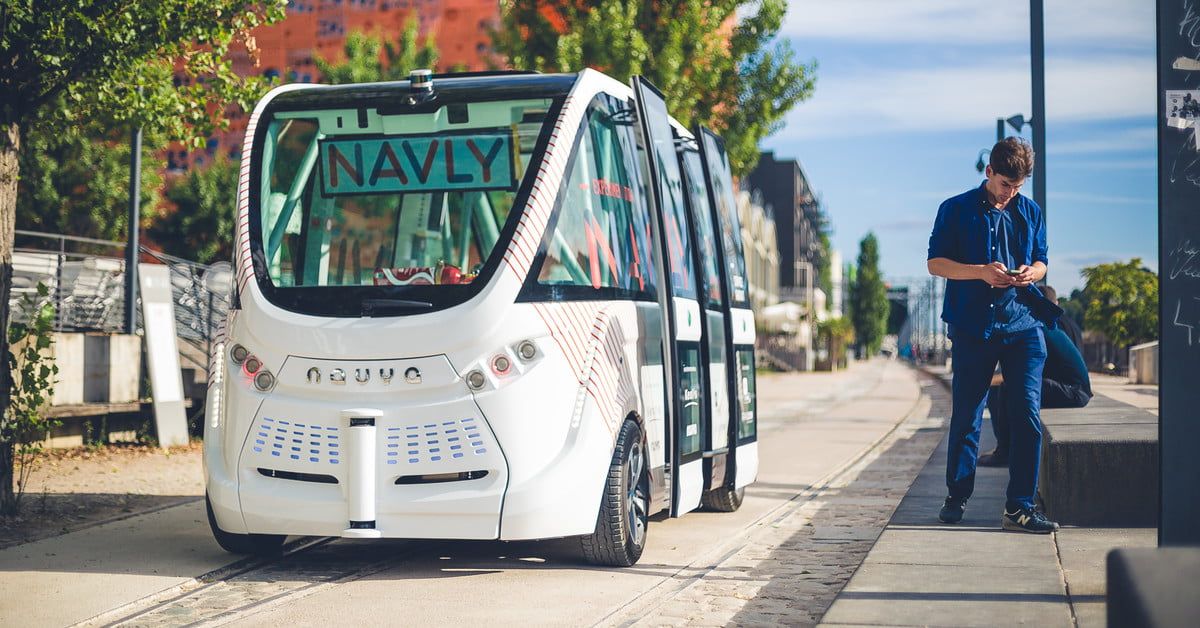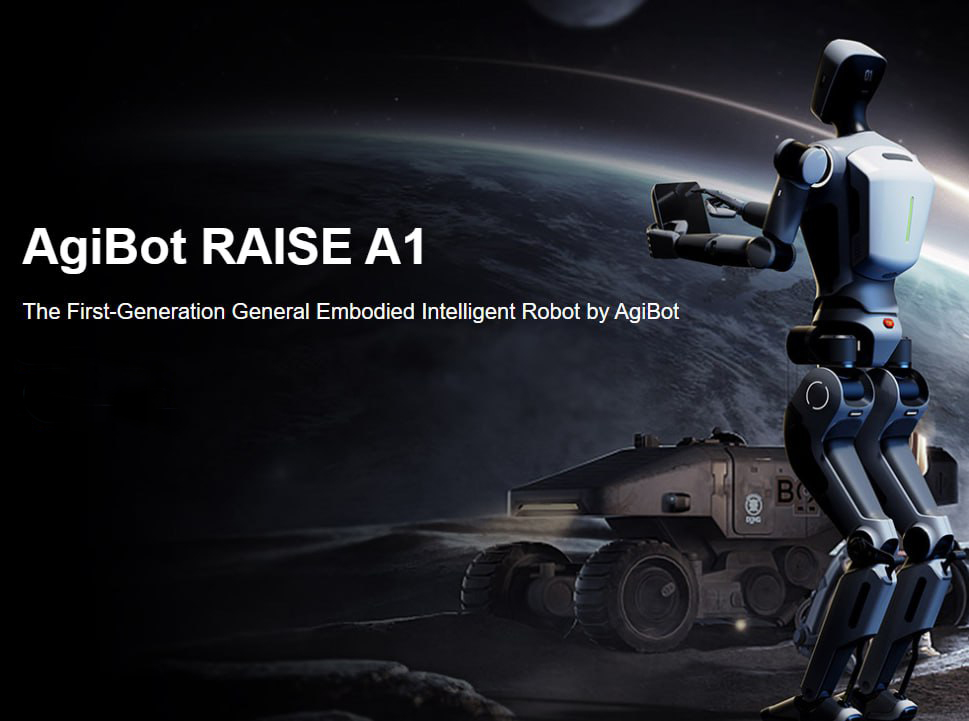An ingenious surgical robot purpose-built to battle inoperable abdominal tumors is poised to disrupt American healthcare after securing its stateside commercial debut. French startup Quantum Surgical this week announced the first U.S. installation of its slender robotic needle driver, underscoring burgeoning appetite for specialized cancer-fighting automation.
Dubbed Epione after the Greek goddess of soothing pain, Quantum’s robotic platform leverages a nimble robotic arm, real-time imaging, and advanced navigation to precisely access and eliminate hard-to-reach growths. By funneling a tumor-zapping needle through tiny skin punctures, Epione enlists minimally invasive principles reducing complication risks versus open surgery.
The system’s slender profile suits penetrating tricky anatomical geometries surrounding delicate organs like the liver, kidneys, and pancreas. This allows attacking lesions considered inaccessible or too dangerous for manual intervention. Already deployed across 300 European procedures, Epione promises similar clinical boons stateside.
U.S. adoption marks a coup for Quantum against dominant players Intuitive Surgical and Medtronic. By innovating capabilities beyond market incumbents, the French upstart proves disruptive surgical automation remains ripe for enterprising entrants rather than the domain of legacy giants.
Quantum’s beachhead also comes at an opportune moment as surgical robotics gains momentum among patients and providers. Market researchers predict up to 16% annual industry growth this decade, with the U.S. representing over half of a $36 billion global market by 2032. Oncology applications like Epione’s will likely lead adoption.
Of course, securing American regulatory approval and insurance reimbursement pose formidable barriers facing medical robots. But Quantum’s strong clinical evidence and safety record should ease that transition.
The French firm can also leverage influential U.S. partners aiding adoption. For example, financing firm K2 Capital’s first stateside Epione installation comes through a leading Florida cancer hospital. Such specialty centers hungry for better patient outcomes provide ideal testing grounds demonstrating clinical utility.
With august institutional partners at its side, Epione may soon enjoy less isolated success. We see glimpses of a future where purpose-built automation permeates orthopedics, neurology, and other surgical subspecialties as changing economics favor targeted innovation. While costs and regulations favor consolidation among general systems, specialty niches remain open playing fields.
In that sense, Epione’s U.S. milestone seems less about one French upstart than the vanguard of more robots custom-crafted where humans alone once went. Quantum simply shows technical barriers limiting automation’s reach can still be overtaken through focus. For specialized startups carrying this same spark, U.S. inroads stay welcoming if the job gets done better. Patients, physicians and innovators alike stand to gain if that surgical frontier keeps expanding one hard-to-reach tumor at a time.


















